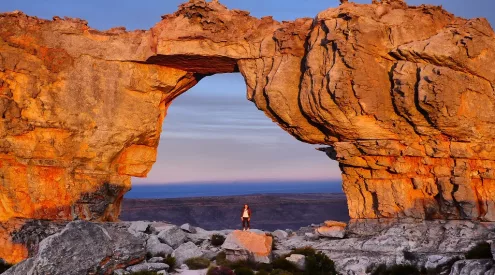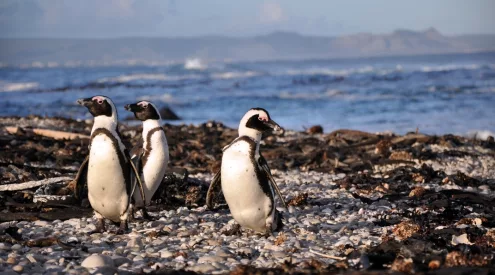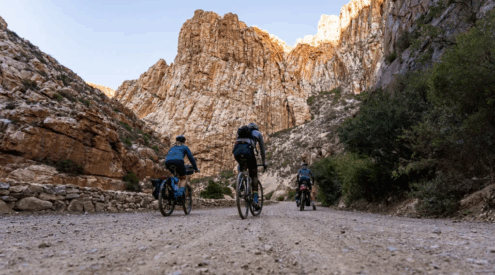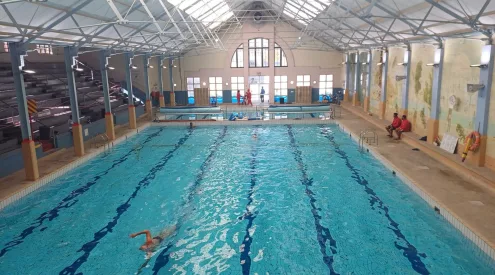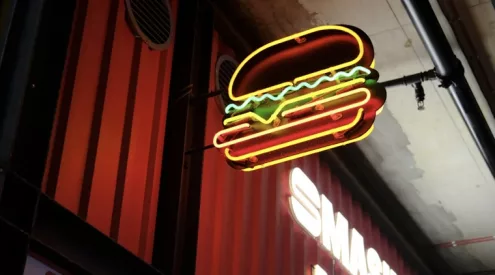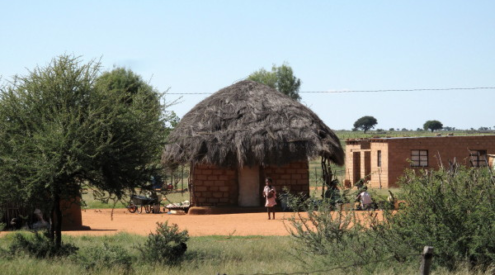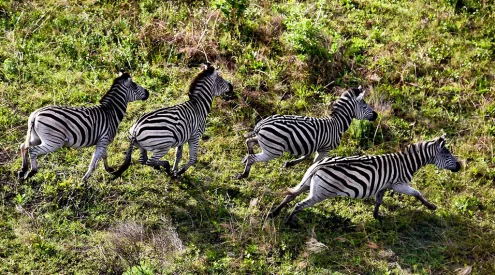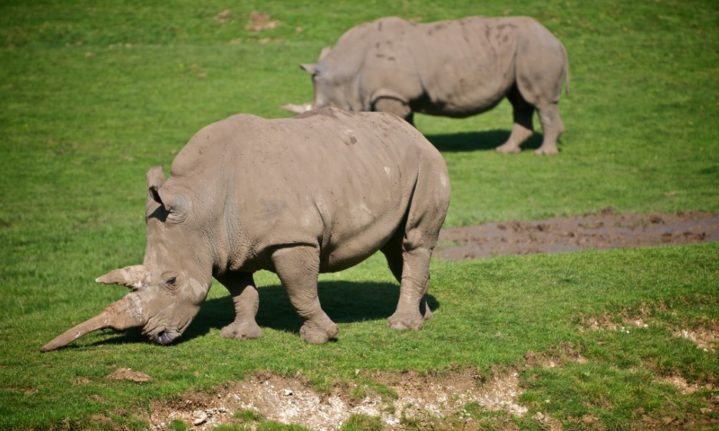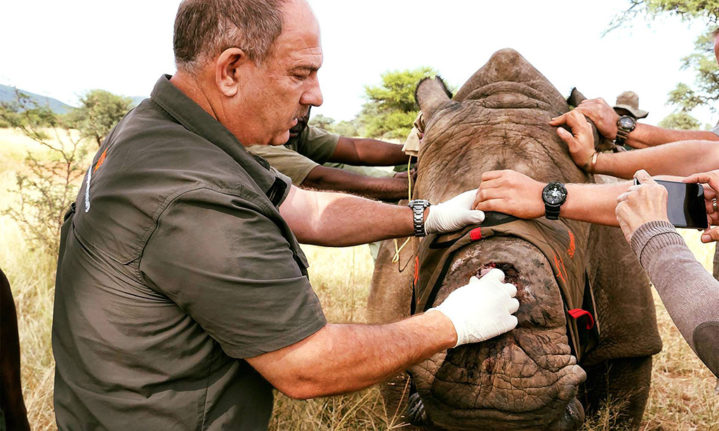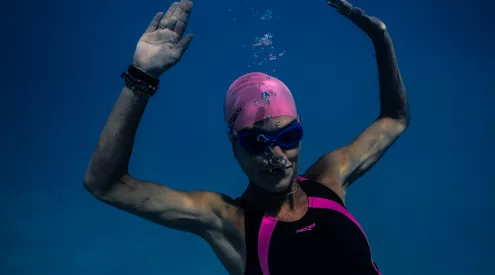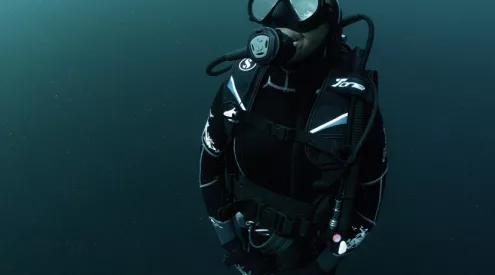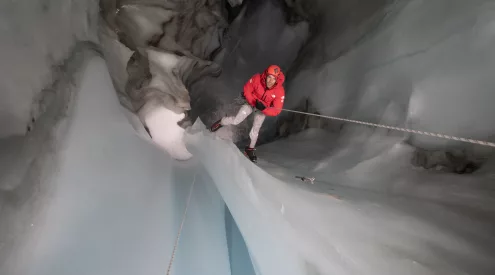Dr Johan Marais, a wildlife veterinarian and founder of wildlife charity Saving The Survivors, will appear in a feature-length documentary called Rhino Man.
Marais has travelled across Africa, treating and saving wild animals with serious injuries. Some of the injuries he has treated include gunshot wounds and the injured faces of rhinos who have had their horns chopped off.
The documentary is currently in post-production and will be released in 2022. A description on the official website said that Rhino Man is ‘about the courageous field rangers who risk their lives every day to protect South Africa’s rhinos from being poached to extinction.’
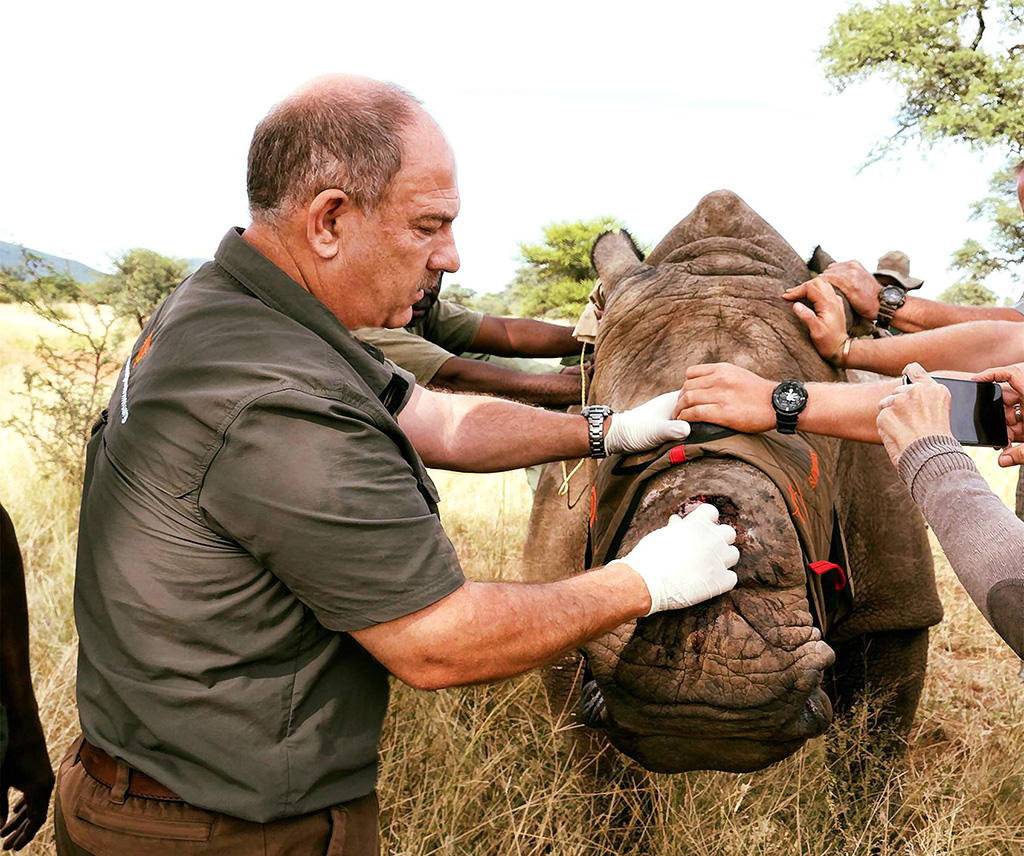
From the Global Conservation Corps (GCC) and Friendly Human, the film will educate viewers and leave a call to action. This will lead audiences on ways that they can support the rangers and the GCC’s Future Rangers Program. The GCC is a non-profit organisation committed to educating people on the conservation of wildlife and closing the gap between communities and conservation. This programme gives the youth of Africa economic and educational opportunities in conservation.
Marais was awarded the reputable Spirit of the SA Equine Veterinary Association award in 2019 after lecturing in equine surgery for 20 years. He has also written two books, Great Tuskers of Africa and In Search of Africa’s Great Tuskers.
The director of the film, John Jurko II, has created ‘The Rhino Man Podcast’ to bring recognition to the cause and promote the documentary. Marais is one of the top conservationists who have been interviewed by Jurko. In the podcast the two cover a wide range of important and interesting topics. Some of the topics covered include the journey Marais took in establishing himself as a renowned wildlife vet and the revolutionary surgical procedures that he has created to save rhinos.
The premiere date of this highly anticipated film will be released on the Rhino Man website along with all future screenings.
Picture: Getaway gallery
ALSO READ
The leader of the pack: a wildlife vet saving the ‘unsaveable’

